Janmashtami - Rituals, Significance, and History
(Moon Sign Based)
Janmashtami celebrates the birth of Lord Krishna. The life and legend behind Lord Krishna is extremely interesting. Find out all the interesting stories and the rituals that are associated with this beautiful festival.
The Hindu festival of Janmashtami celebrates the birth of Lord Krishna. It is believed that Lord Krishna was born at midnight on the eighth (ashtami) day of the dark fortnight of the month of Bhadrapada (August–September). In 2021, Janamasthami will be celebrated on Monday, August 30.
The birth of Lord Krishna is celebrated with pomp and show all across India. Devotees usually observe fasts, sing devotional songs in praise of the lord, participate in Dahi Handi celebrations, and hold ceremonies in temples where Lord Krishna is welcomed each year.
Vedic Astrology predictions are so accurate because calculations are based on Moon Sign, which can be determined only with exact birth details. If you don’t know your Moon Sign, FIND OUT INSTANTLY by filling in the form below.
Lord Krishna is the reincarnation of Lord Vishnu, who descended on earth this day. The historical background of the birth of Lord Krishna depicts the significance of this Hindu festival.
Auspicious Time for Janmashtami Puja
Janamashtami Puja is performed during the Nishita Kala (midnight) according to the Vedic time zone. As per the Hindu Puranas, it is believed that Lord Shree Krishna was born on Ashtami Rohini i.e. the eighth Lunar Day, when there is an occurrence of the moon in the Rohini Nakshatra. The holy day was marked as the Krishna Jayanthi or Janamashtami as one of the most loved and worshipped Gods of the Hindu Community was born on the day. Lord Krishna is one of the incarnations of Lord Vishnu, out of his eight incarnations.
Janmashtami Date 2021- 30th August 2021
Janmashtami Puja Time 2021-12:02 am to 12:47 am
Janmashtami Puja Duration 2021- 00 hours 45 mins
Importance of time and day of birth is known to everyone. But what it determines and holds for you, you can learn in detail from here.
Importance of this festival
Lord Krishna is one of the most beloved Gods among the Hindu community. He is regarded as the 8th incarnation of Lord Vishnu. He is also known as Purna Purushottam. He is regarded as a supreme being, who is compassionate and all-powerful yet extremely humble and grounded.
Lord Krishna was the 8th child of his parents Devaki and Vasudeva. They were held prisoners in Devaki's brother, King Kansa's prison at the time of Krishna's birth. King Kansa was evil but powerful and there was a prophecy that the evil Kansa would be killed by his sister's 8th child. Fearing his own life, King Kansa had killed all of Devaki's children. At the time of the birth of the seventh child, Balram, the foetus was said to have been mystically transferred from Devaki’s womb to Princess Rohini’s.
When the couple’s eighth child, baby Krishna, was born, Vasudeva managed to rescue the baby and gave him to Nand Baba and Yashodha in Vrindavan to protect him from the fury of Kansa. Lord Krishna was thus born and brought up safely away from the vehemence of King Kansa and ultimately paved the way for the prophecy to become true.
It is also believed that Vasudeva returned to Mathura with a baby girl and handed her over to Kansa. When the king attempted to kill this baby too, she transformed into Goddess Durga and warned him about the impending doom that he was fated for.
Janmashtami – Rituals and Celebrations
The festival of Janmashtami is celebrated in Mathura and Vrindavan with great gusto and fervor. Scenes of Krishna’s childhood and early youth are enacted. The devotees keep a fast and vigil till the midnight (traditional hour of Lord Krishna’s birth). The idol and image of Krishna is bathed in water and milk, dressed in new clothes, and worshipped. Temples and household shrines are decorated with leaves and flowers. Sweets are first offered to the Gods and then distributed as prasad to all the members of the household.
Lord Krishna was brought up in Mathura, along the river Yamuna. On this day, elaborate representations of his childhood stories are presented and enacted. Pots of milk and curd are hung from tall poles in the streets, and men form human pyramids to reach and break the pots – this in imitation of Krishna’s childhood play with the cowherd boys, when they stole the curds, hung out of reach by their mothers. This is known as the Dahi-Handi celebration.
You may want to redecorate your puja room before any auspicious function. Read more about how to design your Prayer room.
Method of Observing Fast and Offering Puja:
- One must start his/her fast at sunrise and end it post-sunrise the next day. All the rules, while keeping the fast must be followed.
- Take a bath after getting up. Then recite 'Om Namo Bhagavate Vasudevaya" mantra as many times as possible.
- If you have an idol of Bal Krishna in your temple at home, you may decorate it with fancy clothes and jewellery, as per your will and capacity, and celebrate the birth of Lord Krishna at midnight.
- Offer panjiri – the traditional prasad associated with this festival - and white butter to Bal Krishna.
- Offer 52 bhog (food items) or available tasty dishes in the market to Bal Krishna the next day.
- Once you have offered food to Bal Krishna, only then you can end your Janmashtami fast and eat.

Detailed Life Reading
The Detailed Life Reading is prepared using Vedic predictive means and for this your birth chart is analysed with a deep analysis of the dasa system and all planetary transits during the relevant period. more
2026 Horoscope Reports
Translate
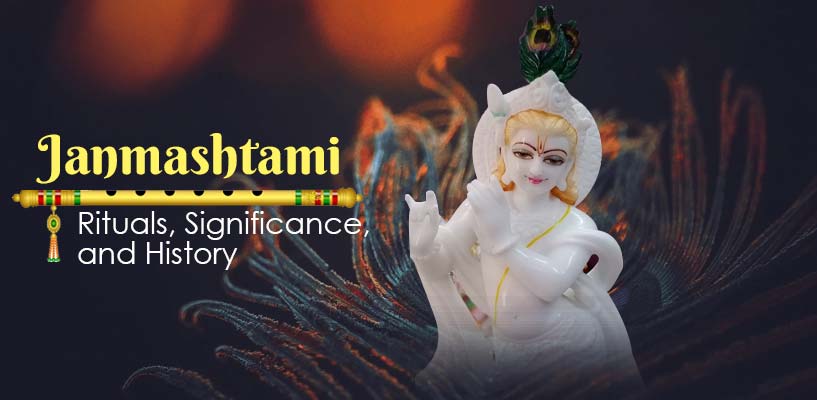
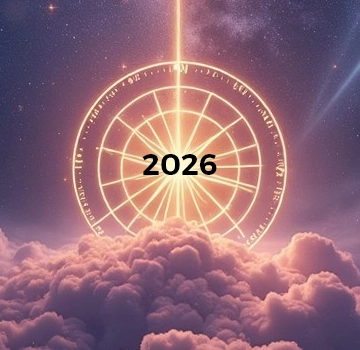
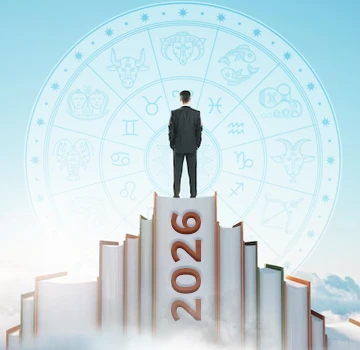
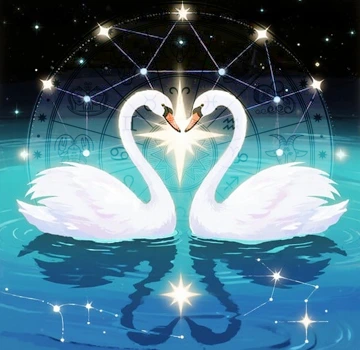
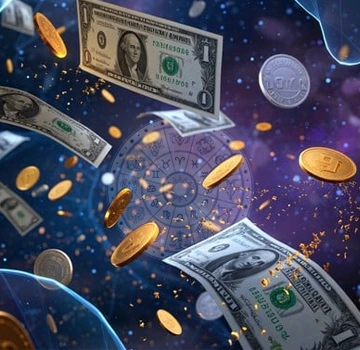
.png) The Sanctity and Purpose of Hindu Marriage
The Sanctity and Purpose of Hindu Marriage
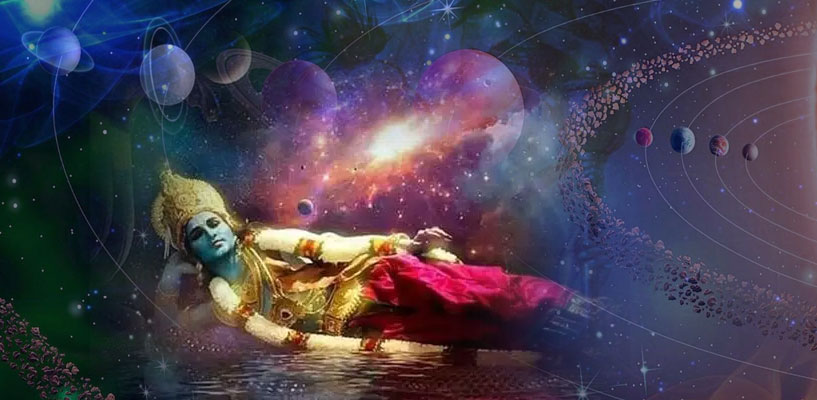 Adhik Maas - Spiritually The Most Powerful and Religious Month!
Adhik Maas - Spiritually The Most Powerful and Religious Month!
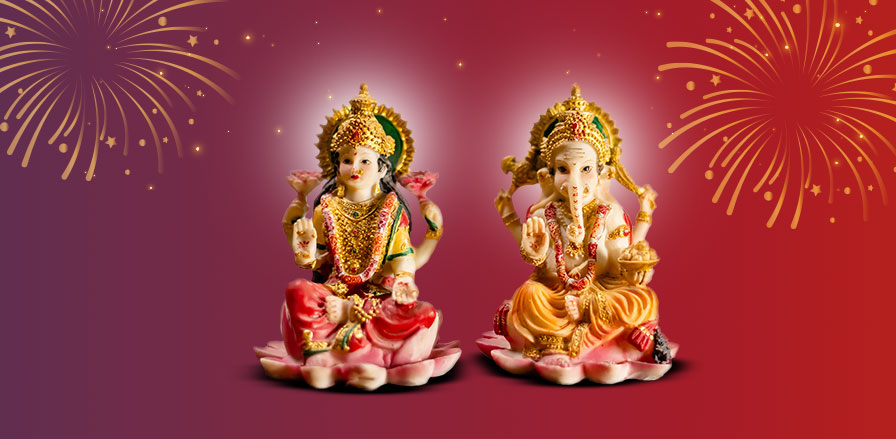 Diwali 18 Oct till 23 Oct 2025: Date, Puja Time and Significance of this 5-Day Festival
Diwali 18 Oct till 23 Oct 2025: Date, Puja Time and Significance of this 5-Day Festival
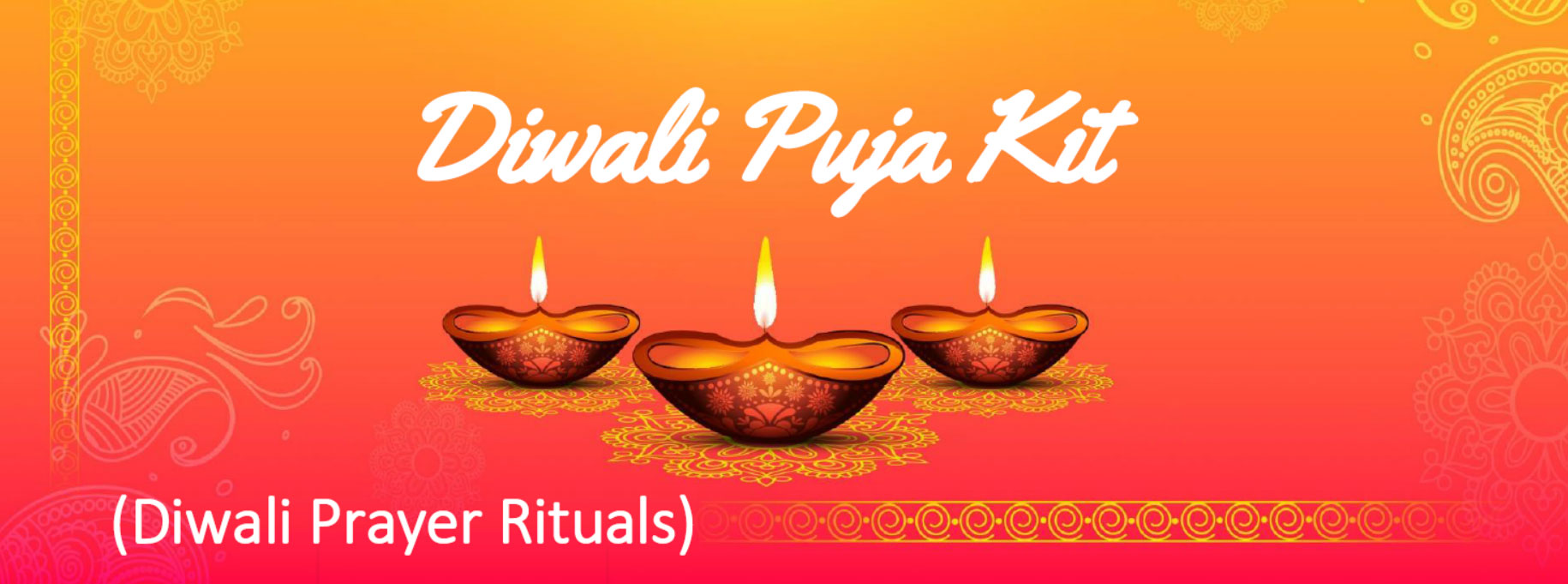
 Recommendations for Designing your Prayer Room
Recommendations for Designing your Prayer Room
